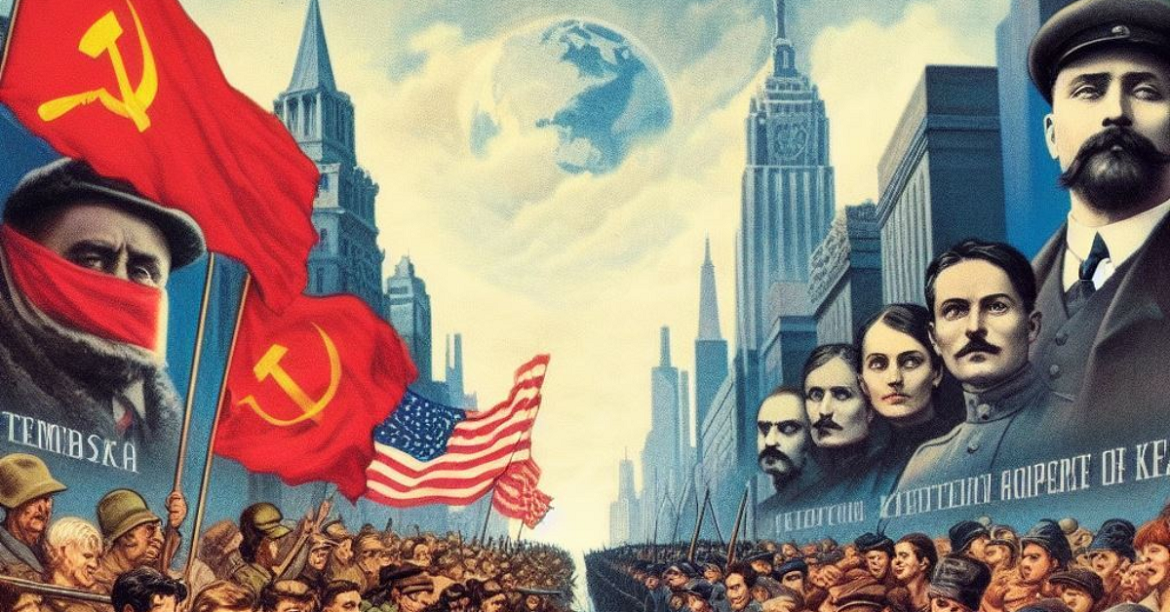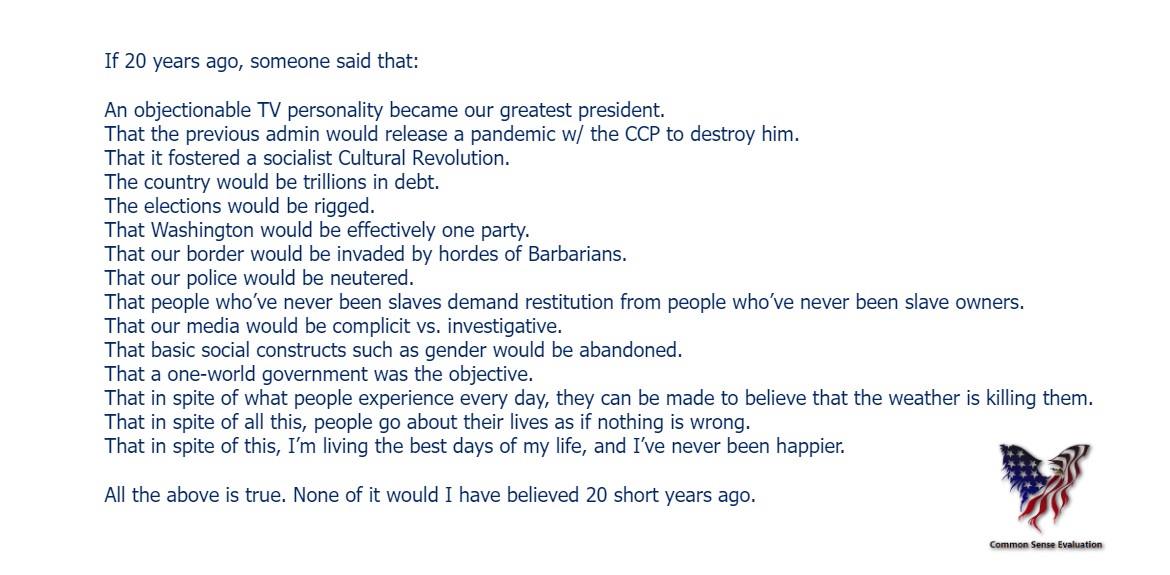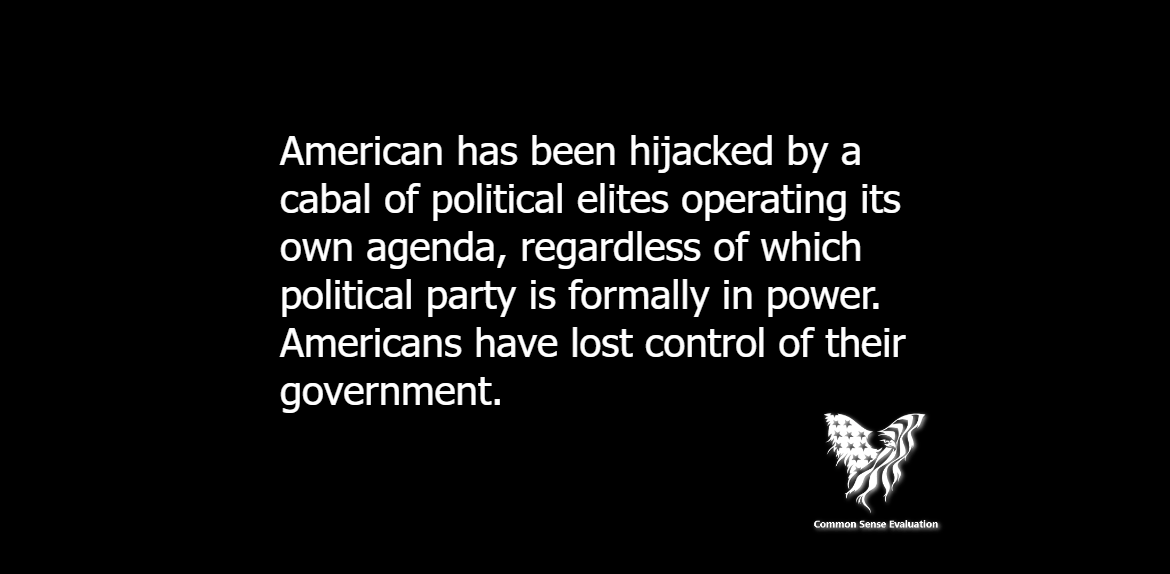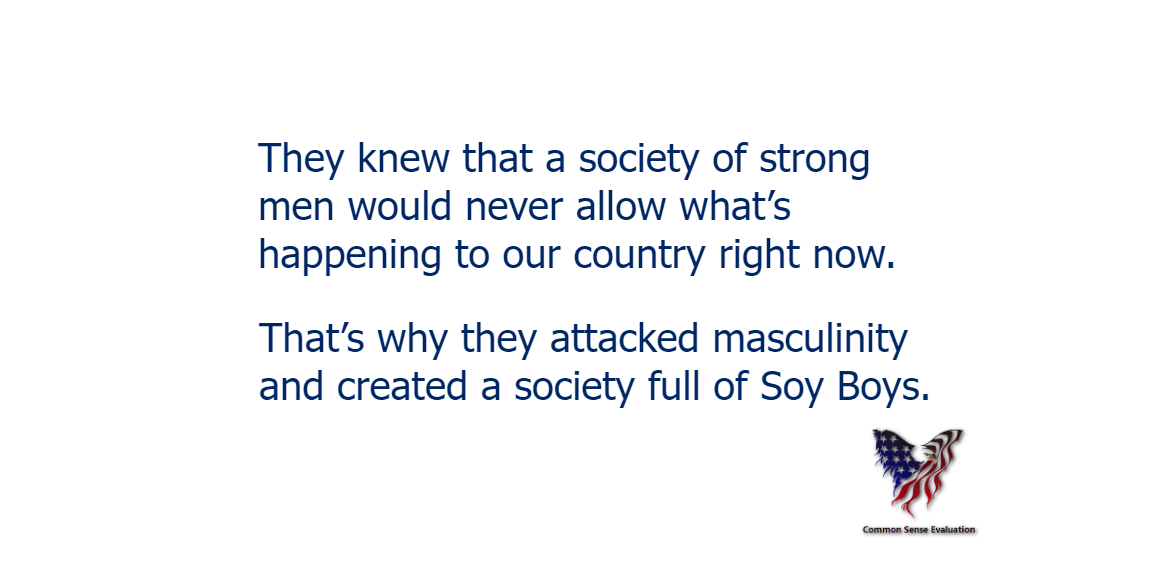In the twilight years of the Russian Empire, a seismic shift was taking place, one that would shake the very foundations of the nation. The Bolsheviks, led by thinkers like Marx, Lenin, and eventually Stalin, embarked on a radical journey to reshape Russia into a communist utopia. To achieve their goals, they set their sights on the peasantry, especially the Kulaks. This article explores the Bolsheviks’ campaign against the Kulaks and draws parallels with modern-day globalism and the concept of a “Great Reset.”
The Bolshevik Revolution
Let’s start with the basics: The Bolsheviks were a group of radical socialists who sought to overthrow the Russian monarchy and establish a communist society. They believed in the ideas of Karl Marx, who envisioned a classless society where the means of production were owned collectively.
Who Were the Kulaks?
The term “Kulak” referred to prosperous and relatively affluent peasants in Russia. These were individuals or families who had accumulated enough wealth to own land and livestock. While not necessarily wealthy by modern standards, the Kulaks were better off than the average Russian peasant.
To draw a modern parallel, think of the American middle class. Just as the Kulaks were neither the poorest nor the wealthiest in their society, the American middle class occupies a similar position today. They are not the wealthiest segment of the population, but they enjoy a degree of financial stability and comfort that sets them apart from those in lower income brackets.
Bolsheviks vs. Kulaks
The Bolsheviks perceived the Kulaks as an obstacle to their communist vision. They believed that these relatively well-off peasants stood in the way of collectivizing agriculture and achieving equality. To achieve their goals, the Bolsheviks implemented policies that targeted the Kulaks:
- Redistribution of Land: One of the first steps taken by the Bolsheviks was the redistribution of land. Large landowners, including Kulaks, had their property confiscated and redistributed to the landless peasants. This policy aimed to break the power of the Kulaks and create a more equitable society.
- Collectivization: The Bolsheviks also promoted the collectivization of agriculture, where peasants were forced to pool their resources and work on state-controlled farms. This move further eroded the autonomy and economic strength of the Kulaks.
- Persecution and Repression: Many Kulaks resisted these policies, leading to violent clashes with the authorities. The Bolsheviks responded with harsh repression, including arrests, deportations, and executions.
Marx, Lenin, and Stalin
To understand the Bolsheviks’ actions, we must delve into the minds of the key figures who shaped this era:
- Karl Marx: Marx’s ideas laid the intellectual groundwork for communism. He believed that society was divided into classes, with the bourgeoisie (capitalist class) oppressing the proletariat (working class). Marx envisioned a revolution in which the proletariat would rise, overthrow the bourgeoisie, and establish a classless society.
- Vladimir Lenin: Lenin was the driving force behind the Bolshevik Revolution. He adapted Marx’s ideas to the Russian context and believed in the necessity of a vanguard party to lead the revolution. Lenin’s leadership brought the Bolsheviks to power in 1917.
- Joseph Stalin: After Lenin’s death, Joseph Stalin assumed power. His leadership marked a shift towards more authoritarian and repressive policies. Stalin’s regime further intensified the persecution of the Kulaks and led to widespread suffering.
Parallels with Modern Globalism and the “Great Reset”
Fast-forward to the present day, and we find ourselves in an era marked by globalization and discussions of a “Great Reset.” While the context may seem vastly different, there are some interesting parallels to explore:
- Economic Redistribution: Just as the Bolsheviks sought to redistribute land and wealth, proponents of globalism and the “Great Reset” argue for economic redistribution to address wealth inequality on a global scale.
- Collectivism vs. Individualism: The tension between collectivism (state control or global governance) and individualism (personal liberty and property rights) persists in both historical and modern contexts.
- Resistance and Repression: Similar to the Kulaks’ resistance to Bolshevik policies, there is resistance to globalist initiatives in some quarters. This resistance can sometimes lead to repression by those in power.
- Ideological Underpinnings: Like Marx’s ideas influenced the Bolsheviks, contemporary discussions of globalism and the “Great Reset” are underpinned by various ideologies, including climate change, economic inequality, and the role of government.
Closing Thoughts
The Bolsheviks’ campaign against the Kulaks cast a long, dark shadow over Russian history, leaving behind a legacy of violence, oppression, and untold suffering. It stands as a chilling reminder of the dire consequences that can unfold when radical ideologies take hold and the lives of ordinary people are sacrificed in pursuit of an elusive utopia.
As we contemplate the eerie echoes of history in the modern world, where discussions of globalism and the “Great Reset” continue to unfold, we must remain vigilant. The past reminds us that the quest for societal transformation can come at a grave cost, often exacted from the most vulnerable. It is a stark warning that the fine line between revolutionary ideals and individual rights can become a treacherous tightrope, leading us into the abyss of darkness and despair.
In this uncertain landscape, we must navigate with caution, recognizing the profound implications of our choices and the potential for history to repeat its darkest chapters. Our duty is to learn from the pasts haunting lessons, striving to forge a path that safeguards justice, freedom, and the well-being of all. Lest we find ourselves lost in the chilling depths of a new, ominous chapter in the annals of human history.
Related:
Donald Trump Followers Targeted by FBI as 2024 Election Nears



